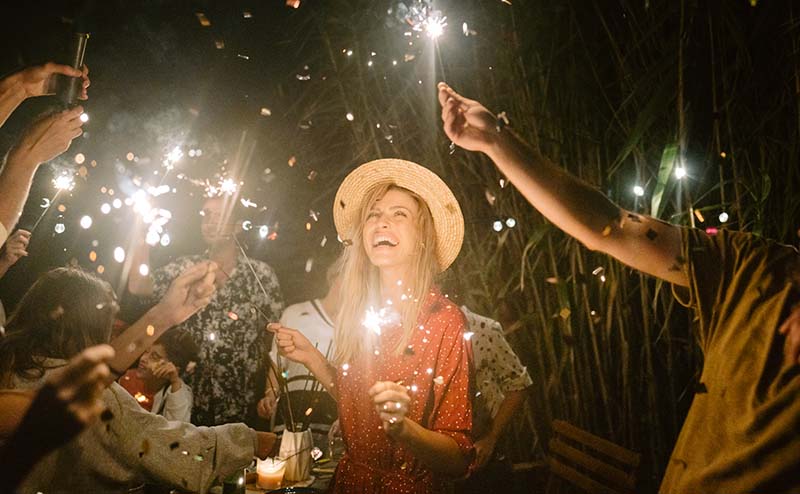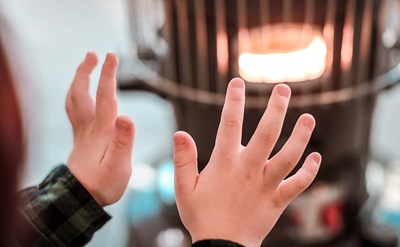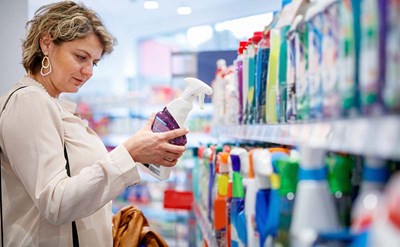About 14,700 people were treated in hospital emergency departments for firework-related injuries in 2024, according to the Consumer Product Safety Commission. More than two-thirds of those injuries occurred on or near July 4th.
The American College of Emergency Physicians (ACEP) recommends leaving firework displays to the professionals. However, if you insist on doing it yourself, make sure you buy legal fireworks from a reputable dealer and as well as make sure it is legal in your area.
Here are some other safety tips to remember:
- Buy fireworks from a reputable seller and read all the warnings and safety instructions.
- Keep a hose, bucket of water and fire extinguisher nearby in case of a fire.
- Young children should never handle fireworks, containers burning gel fuels, or sparklers.
- Only light one at a time, then move away. Do not stand over an ignited firework.
- Never light fireworks in a container because they can explode and send shrapnel flying.
- Do not launch fireworks at anyone and avoid horseplay near flammable items.
- Avoid re-lighting or handling fireworks that malfunction. Soak fireworks in water after they are done burning and throw them away. Placing dry fireworks in a trash can is a fire hazard.
- Do not use fireworks under the influence of alcohol or drugs.
- Alcohol and fireworks do not mix and alcohol and driving is a deadly combination. Designate a driver and make plans to get home safely after the celebration.
Gel fuel fire pots and tiki torches, are also fire hazards which are commonly seen at many outdoor parties. Fires caused by gel fuel can only be extinguished with dry chemicals, such those in fire extinguishers. These fires also burn very hot and do not create typical orange flames. This makes these gel fuel fires very difficult to see. Only add gel fuel to an empty container that is cool to the touch.
 American College of Emergency Physicians
American College of Emergency Physicians







